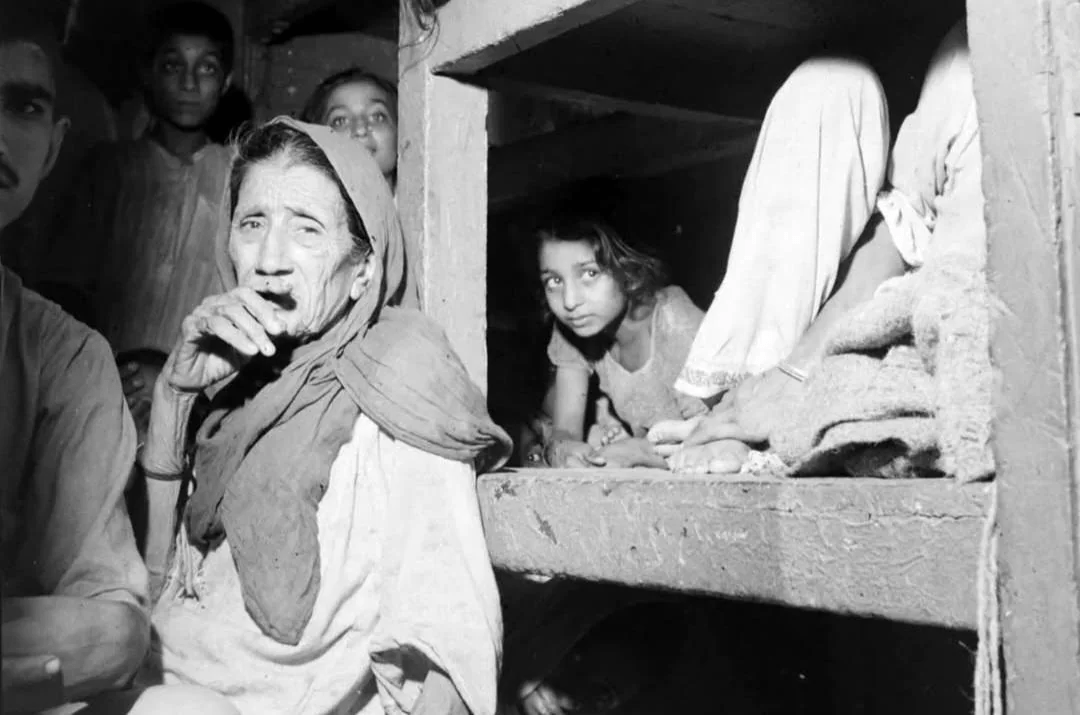AI Generated Summary
- The year was 1947, and her village near Sheikhupura, once a tapestry of wheat fields, Sikh gurdwaras, and the call of the mosque at dawn, was torn apart by rumors and politics—things she had never cared for but could no longer escape.
- Amrit could feel her modesty shredded, her body aching with bruises, but the greater wound was the betrayal—the knowledge that neighbors who once shared sugarcane with her now thirsted for her blood.
- And with that, she stepped into India—a land scarred by Partition, yet also a land where she would rebuild, piece by piece, the life stolen from her.
Amrit Kaur (name changed) was only twenty-four when the world around her began collapsing. The year was 1947, and her village near Sheikhupura, once a tapestry of wheat fields, Sikh gurdwaras, and the call of the mosque at dawn, was torn apart by rumors and politics—things she had never cared for but could no longer escape.
The Muslim League’s slogans had grown louder in the town bazaar. Strangers eyed her turbaned brothers with suspicion. One evening, while returning with water from the well, Amrit heard whispers among the men gathered near the banyan tree. There was talk of raids, of Sikhs being told to leave. Fear crept into her chest like smoke.
The next week, that fear burst into flame. A mob stormed through the village. She saw once-friendly neighbors, their faces twisted by rage, brandishing torches and lathis. Houses were set alight; the cries of children mixed with the crackle of burning wood. Her father tried to defend their threshold with his old kirpan, but there were too many.
Amrit clutched her dupatta tighter, her heart pounding. She was dragged into the street by two men who sneered at her pleas. The air smelled of kerosene and blood. They shoved her toward the mob, jeering words that stripped her dignity even before they laid hands on her. In that moment, Amrit knew hell was not beneath the earth—it was right there in her village lanes.
She fought back with everything left in her body. When one man grabbed her arm, she bit down hard, tasting his sweat and salt. When another tried to tear away her clothes, she screamed—not in fear, but in defiance. That cry, fierce and unbroken, startled the mob for a moment. It was her brother Harjit, bloodied but alive, who used that moment to reach her. Swinging his kirpan, he pulled her away from the attackers and shouted, “Run, Amrit! Run to the fields!”
They ran under the smoke-filled sky, stumbling over bodies they dared not look at. The wheat that once fed them now became their shield, hiding them as they crawled and prayed the mob would not follow. Amrit could feel her modesty shredded, her body aching with bruises, but the greater wound was the betrayal—the knowledge that neighbors who once shared sugarcane with her now thirsted for her blood.
By dawn, they reached a caravan of refugees moving toward Amritsar. Exhausted, she walked barefoot beside women who had lost husbands, mothers who carried orphaned babies, men with vacant eyes. They were all broken, yet all alive. In her shawl, Amrit carried neither food nor coin—but she carried her paatshahi, her Sikh faith, like an ember refusing to die out.
As they crossed the border, she looked back one last time. Her village was gone, her innocence shattered, but her spirit remained. Amrit whispered to herself: They tried to take my body, my home, my land. But they will never take my voice, or my faith.
And with that, she stepped into India—a land scarred by Partition, yet also a land where she would rebuild, piece by piece, the life stolen from her.
Based on an Interview.




